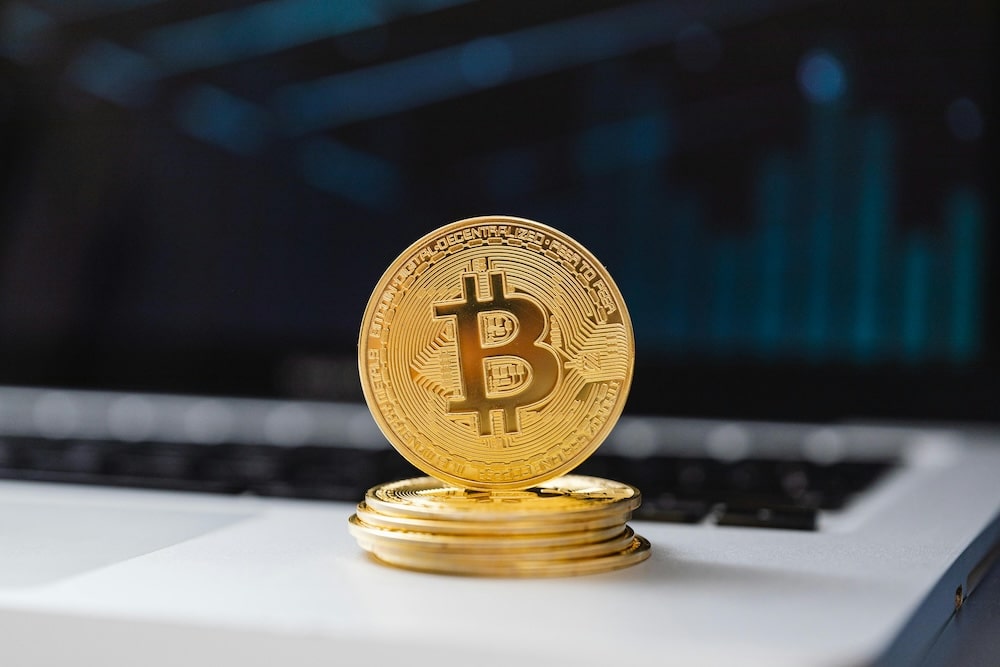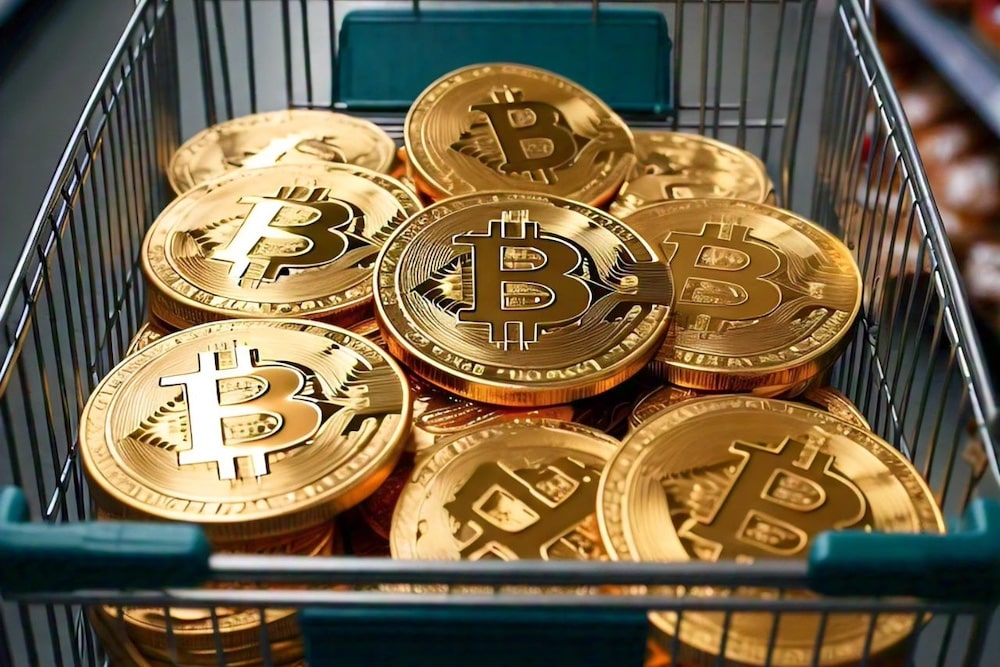Solana’s decentralized exchange, Jupiter, is planning to hold another voting round for its 1.4 billion token airdrop plan. The reward worth $1.6 billion was rejected by 42% of voters who showed discomfort with the proposal via the protocol’s DAO platform.
Why a Second Voting Round?
The decision to hold a second round of voting stems from the team’s desire to achieve a 70% supermajority on their current proposal. This threshold hints that the team wants broad support from the community before moving forward, believing it will increase its chances of success.
The plan for the second vote involves addressing the concerns and opposition raised during the initial vote. Over the next few days, the team will review feedback from all sources, tackle the main areas of concern, and put up a revised proposal. Jupiter claims the process will be transparent, with live reviews of the proposal’s progress over the weekend.
Meanwhile, according to Dune, an on-chain analytics platform, Jupiter has processed over $1.9 trillion in trading volume since its inception. Its governance token, JUP, has a total supply of 10 billion, with 40% allocated for community rewards. At press time, the token was trading at $1.17 and has experienced a 3.92% increase over the past 24 hours.
Jupiter Assures Users
Jupiter co-founder Meow acknowledged the uncertainty surrounding the airdrop plans but assured users that the team remains steadfast in its commitment to long-term growth. He believes the team and community share the same goal of establishing clarity and working towards driving the project vision forward.
The upcoming vote will be a crucial test for the community and its leadership. However, the co-founder claimed that with the team’s dedication to Jupiter’s ecosystem’s (Jupiverse) success, there is every reason to be confident in a positive outcome. He further noted that unity and collaboration will be essential in overcoming any challenges that lie ahead.
Another project developer, Hyper Foundation, completed the genesis distribution of the HYPE token, airdropping over $1.6 billion worth of tokens to users. Following the launch, the native token surged to a peak price of $6.21. Most Hype airdrop participants flaunt their rewards online, as the reward seems to have exceeded their expectations.







